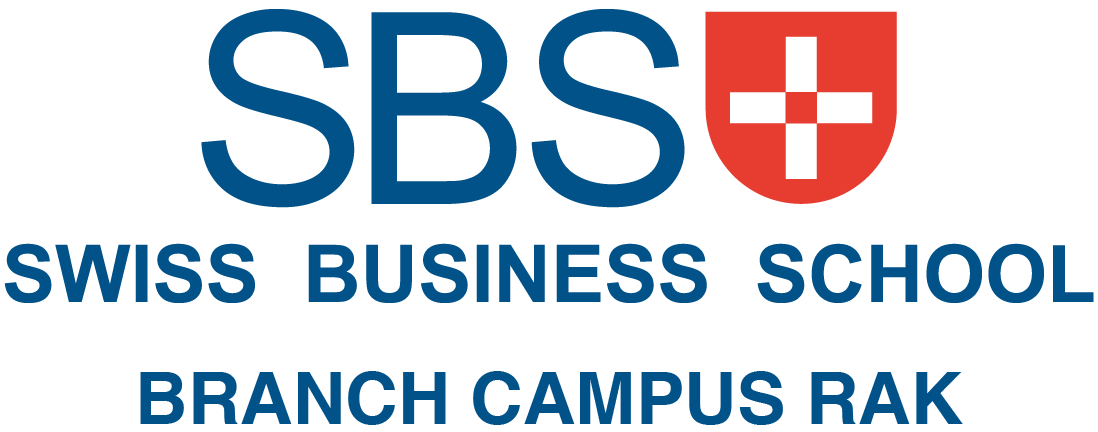
Startups are renowned for their dynamic and pioneering cultures, which frequently cultivate an atmosphere that flourishes for creativity and originality. The distinctive corporate environment of today is highly competitive, and startups’ cultures are vital to fostering innovation and conceiving of ground-breaking concepts.
A crucial characteristic that distinguishes startup culture is its emphasis on collaborative efforts. Startups frequently employ small, tightly-knit groups that foster an environment that promotes candid dialogue and collaborative efforts. This environment of collaboration fosters the convergence of varied viewpoints, which in turn generates innovative resolutions to intricate challenges. Employees are more inclined to offer innovative suggestions and challenge conventional limits when they perceive themselves as being esteemed and listened to.
An additional crucial element of startup culture is its prioritization of risk-taking and experimentation. Startups frequently adopt a “fail fast, learn faster” approach, wherein setbacks are regarded as learning opportunities rather than obstacles. This fosters a culture that promotes risk-taking and idea exploration among team members, which in turn generates innovative breakthroughs that may be underappreciated in risk-averse environments.
Adaptability and flexibility are additional defining characteristics of startup culture. The rapidly evolving nature of the markets in which startups operate necessitates that they pivot and adapt swiftly to new opportunities and challenges. Adaptability cultivates an environment that promotes perpetual innovation, wherein groups consistently seek enhanced approaches to address challenges and fulfill customer requirements.
Moreover, startup culture frequently places an emphasis on a sense of mission and purpose. Startups are generally established with the purpose of resolving a particular issue or fulfilling an exceptional demand; this mission-oriented strategy motivates personnel to engage in innovative thinking and collaborate in pursuit of a common objective. Optimal employee motivation and enthusiasm for their tasks positively influence the likelihood of innovation and the development of original solutions.
As a result, the dynamic and inventive culture that characterizes startups is crucial for encouraging originality and propelling progress. Startups establish conducive environments that foster innovation and nurture creativity by emphasizing purpose, risk-taking, collaboration, and risk-taking. This innovative culture is crucial to the success of startups and their capacity to revolutionize industries and the world.
